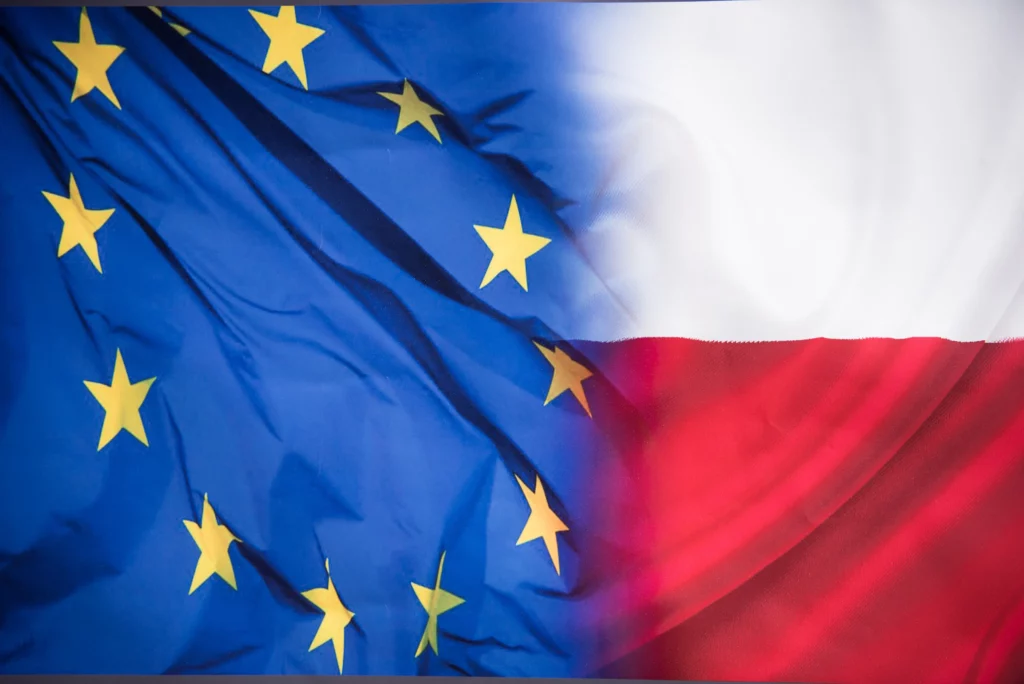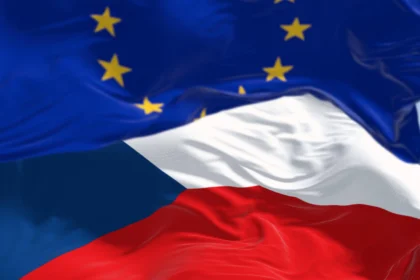DebatteWhat happened to solidarity in Europe

The European Union and Poland did not start to drift apart with the raise of the Polish right-wing government. The split already started before, says Daria Dziewiecka.
On 19 January, Poland’s Prime Minister Beata Szydło argued in front of the European Parliament that the Polish constitution had not been violated and that the changes to it were in line with European standards. This was the first time in the history of the EU that the Prime Minister of one of the member states spoke in front of the Parliament because the European Commission (EC) had launched a procedure to verify the rule of law in the member state.
“We want to make sure that governance according to the rule of law will be maintained,” said Frans Timmermans, First Vice President of the European Commission, who announced the Commission’s decision to launch the procedure. As a consequence of the procedure, if serious risks were identified that Poland might breach EU values, sanctions would be possible.
Do these recent developments suggest a major schism within the EU? Is the EU still solidly united?
The issue of solidarity is not new
“The issue of solidarity within the EU has been emphasised for some time now, especially since the refugee crisis has popped up,” says a Polish press correspondent in Brussels who wants to stay anonymous. “Poland has repeatedly referred to this solidarity, for example in matters regarding Ukraine or gas. But Poland did not back the solidarity issue over the refugee crisis, although solidarity is what we really need now.”
According to the press correspondent, it was as early as during the rule of Poland’s previous government headed by Ewa Kopacz of the Civic Platform party, that this solidarity experienced a split. This was when Poland did not want to agree to taking in 7,000 refugees. “The fact that ultimately Poland accepted this quota has saved the country’s image but at the same time it triggered certain political losses,” he says.
Klaus Bachmann, a professor of social sciences at the University of Social Sciences and Humanities in Warsaw and expert on Polish-German relations, is of a similar opinion. “Poland’s situation in the EU had changed ahead of the elections, mainly due to the passive stance by the government headed by Ewa Kopacz, which continued under Prime Minister Szydło”, he says.
Bachmann predicts that the significance of Poland’s EU membership is likely to diminish. “Both the previous and the current government opposed the idea of quotas, but failed to propose a better solution.” Such solutions could include refusing to take in refugees but instead paying more money to refugee institutions or taking responsibility for a refugee camp in Lebanon or Jordan.
The number of EU policies which do not cover Poland has been rising: Poland is not a member of the euro zone. Shortly, as a consequence of its refugee policy, Poland might be excluded from Schengen area and from common migration policy, says Bachmann.
The Polish press correspondent in Brussels shares Bachmann’s fears regarding possible consequences of this situation. “It’s good to have positive relations with the EC. The fact that Poland is accused of breaking the law suggests that it has no such relations. In Poland, the dispute is assessed extremely negatively. All this will have an impact on all negotiations related to the EU,” he says.
Difficult relations
The public debate in Poland was fueled by critical remarks by some German politicians, including the President of the European Parliament Martin Schulz. In an interview with the German radio station Deutschlandfunk, Schulz said that the events in Poland “resemble a coup d’état”. His words triggered an avalanche of anti-German propaganda in the Polish right-wing media.
The Wprost weekly, considered an opinion-forming source, featured a front cover showing Martin Schulz, Angela Merkel and Jean-Claude Juncker partitioning Poland. This was a clear allusion to the times of Nazi Germany and Hitler’s rule. “Commissioner Timmermans expressed his outrage at the cover. Making such references to the past is not a good idea,” says the Polish correspondent in Brussels. The atmosphere is clearly deteriorating.
Lies weiter bei…

